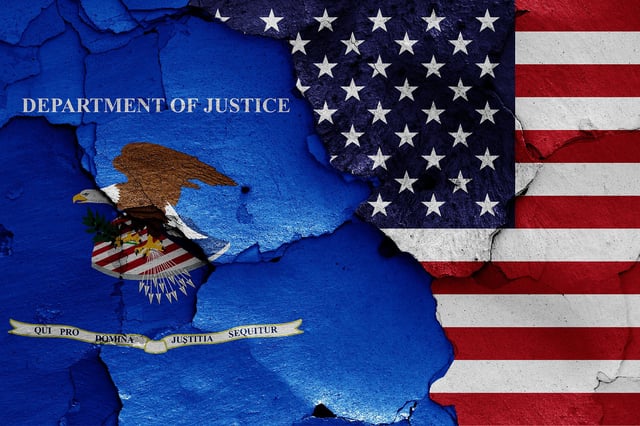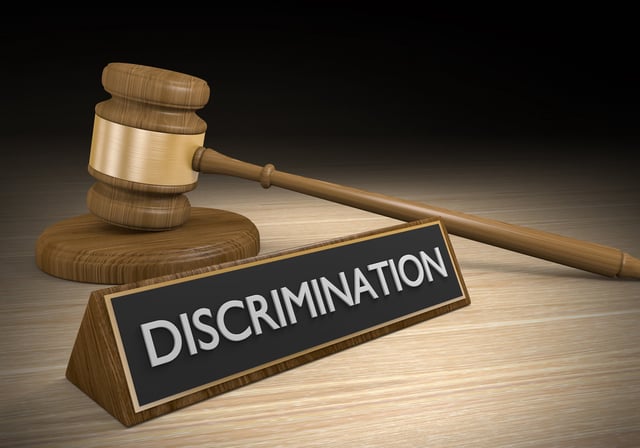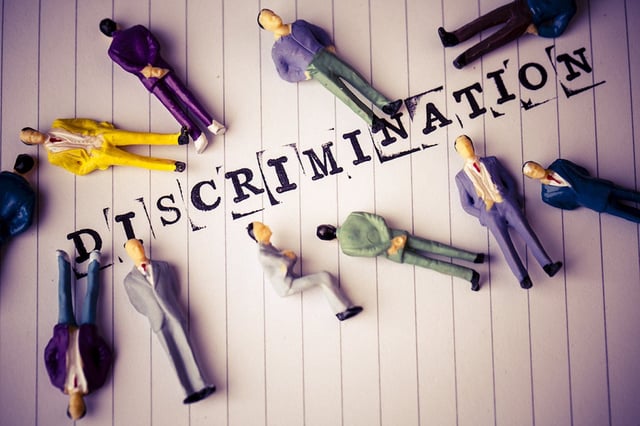Overview
- The memo enumerates five categories of DEI practices the DOJ considers unlawful, including preferential treatment, proxies, segregation, protected-characteristic selection, and discriminatory training programs.
- It advances a proxy theory that facially neutral criteria such as “cultural competence” or geographic targeting may serve as unlawful stand-ins for protected traits.
- Enforcement tools flagged include the revocation of federal funds, heightened investigatory scrutiny, and False Claims Act liability under the DOJ’s Civil Rights Fraud Initiative.
- Although directed at federal funding recipients, the guidance extends risk to federal contractors, private employers, state and local governments, and third-party vendors.
- Organizations are conducting rapid audits, revising contracts, and strengthening documentation to mitigate enforcement risk as courts decide challenges and state laws conflict.



